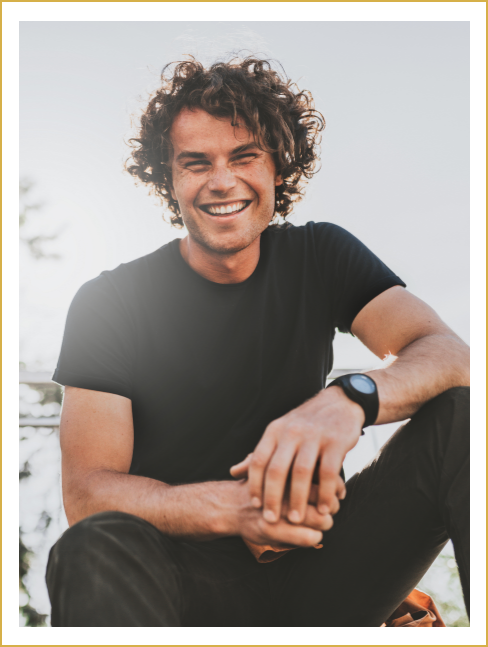Co-occurring disorders are the official designation of any pair of psychological disorders that are both present and affect the other in some way. For example, the presence of anxiety may lead to substance abuse as a means of coping. If a substance use disorder begins to form, it can lead to higher levels of anxiety. For almost every pair of common co-occurring disorders, treatment is ineffective or incomplete unless both are addressed as a unit.
It’s unfortunately all too common for psychological disorders to remain undiagnosed. Even more common is for a co-occurring disorder to be partially recognized and only partially treated. Fortunately, California Centers for Recovery can help. We take a dual diagnosis approach in order to fully realize and treat all facets of co-occurring disorders. Living with a co-occurring disorder is dangerous and difficult. Find the dual diagnosis treatment program you need today by calling us at 877.328.5682 today or by reaching out to us online.
Understanding the Relationship Between Addiction and Mental Health
The relationship between addiction and mental health is complex, and in cases where two individuals struggle with the same set of co-occurring disorders, it can manifest completely differently. However, most cases involve a cycle of cause-and-effect between an initial disorder, like anxiety, and a secondary disorder caused by the first.
Co-occurring disorders can be any combination of two (or more) disorders, whether that’s substance use, anxiety, or depression. Importantly, a co-occurring disorder may be two distinct cases of a substance use disorder or may not involve drugs at all. Some are behavioral addictions, like gambling or sex addictions. While substance use disorders aren’t always present in cases of a co-occurring disorder, they change the way addiction has to be addressed.
If drugs are being used as a crutch to stave off anxiety, induce sleep, or offset depression, then treating any addiction that forms thereafter has to take into account the effect the drug may have on mental wellness. Not only does treatment have to address the parts of addiction related to cravings, habit formation, and withdrawal, but it also must seek out ways to improve or resolve the initial disorder.
Dual Diagnosis as Treatment for Common Co-Occurring Disorders
In order to treat two different, intertwined disorders, experts tend to employ a strategy called dual diagnosis. A dual diagnosis is two parts of a whole—it’s one diagnosis that covers two bases. Dual diagnosis is a relatively new practice, spawning in the 1990s, and has seen extensive use to this day. Treating multiple disorders as a unit means it’s easier for physicians to identify throughlines between one disorder and the other.
Dual diagnosis is not a type of therapy. Instead, it’s the staging ground for charting what path through treatment would work best. A combination of multiple different types of therapy often follows a dual diagnosis. Examples include:
- Cognitive-behavioral therapy (CBT)
- Addiction therapy
- Medically assisted detox
- Inpatient treatment
- Psychoanalysis
Begin Treating a Co-Occurring Disorder at California Centers for Recovery Today
Approximately 9.2 million Americans suffer from some type of co-occurring disorder. Dual diagnosis is a proven method of treatment that covers all bases. Due to the highly personal nature of co-occurring disorders, we understand that no two diagnoses will be exactly the same. That’s why, at California Centers for Recovery, we personalize every part of our treatment plan to suit your individual needs.
California Centers for Recovery’s dual diagnosis treatment program is geared to help treat the surface-level and underlying causes of common co-occurring disorders. It’s essential to look at the situation as a whole—leaving any patient’s important needs unattended does nothing but leave a void and one that something will fill. It’s our responsibility to ensure that our patients leave healthy and resilient.
To find out more about the dual diagnosis treatment program, call us today at 877.328.5682 or contact us online.











